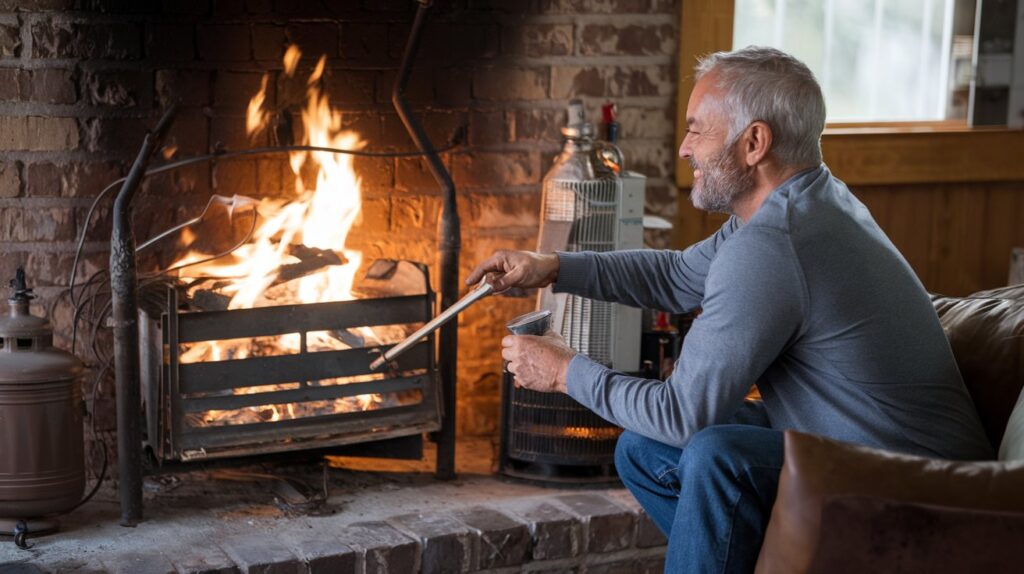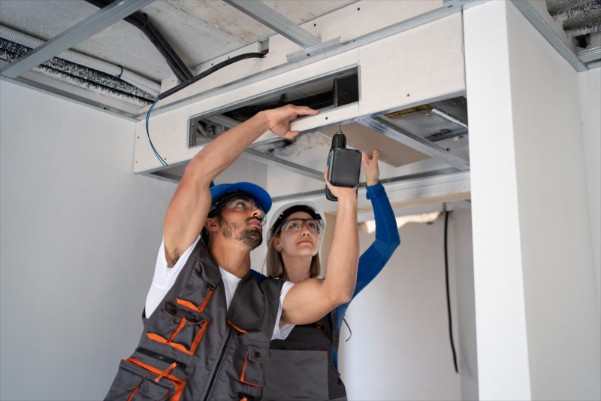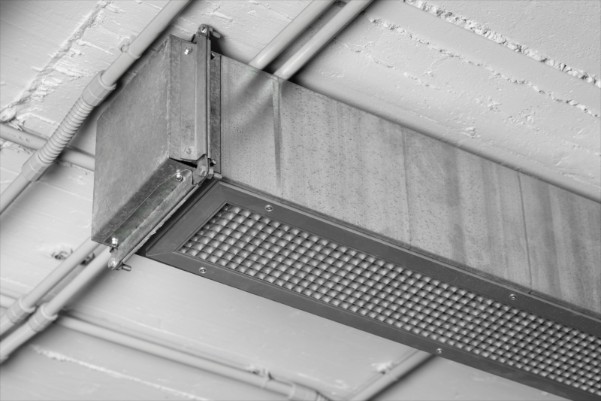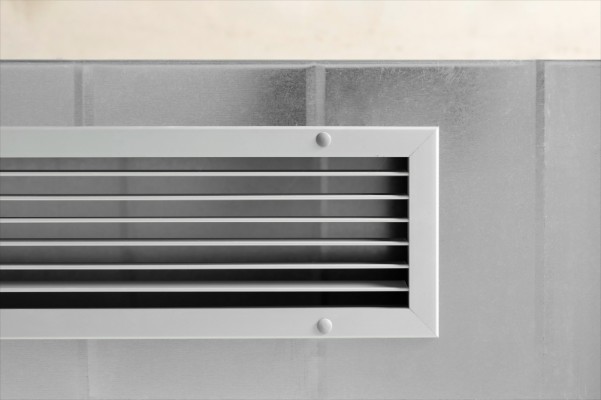Have you ever switched on your furnace and been hit with the unpleasant smell of melting plastic or dust?
It is really an uncomfortable feeling, particularly when you just want to be warm in the midst of a freezing winter evening. You may get anxious and question whether there is something really problematic or your house is at risk. Such unusual odors are not often mere nuisances; they may be a sign of more problematic issues that demand urgent intervention.
Regardless of whether this is the first time you have smelled it or you have been experiencing it periodically, being knowledgeable about it and what should be done can spare you from a lot of expenses, possible dangers, and significant inconveniences.
Here’s what you need to know when you notice that your furnace is emitting a burning smell.
1. Call an HVAC Expert Immediately
The first and most crucial thing to do when your furnace smells like its burning is to call a licensed HVAC technician, particularly when the smell resembles plastic or burnt wires. All these smells may point to potential serious issues like melting wires, overheating components, or burning insulation inside your unit.
Such problems, when left unresolved, could lead to electrical fires or significant system failures.
Moving on, it is strongly advisable not to attempt to troubleshoot electrical problems yourself, because furnaces include complex electric circuits and high-voltage components.
Rather, switch the furnace off and await an expert check. HVAC specialists know how to identify issues safely, repair broken parts, and get your heat system up and running smoothly and safely.
2. Determine the Type of Smell
Not every burning smell is the same. Thus, the characteristics of the odor can be used to identify the problem:
- Burning plastic smell is usually an indication of the melting of electrical insulation or a plastic part, or the presence of a foreign object lodged within the unit.
- Burning dust smell is commonly observed when the furnace is turned on at the beginning of a season.Accumulated dust on burners and heat exchangers burns as the system is heated.
A dusty smell may be considered natural on the first cold day when your furnace has not been used in several months, but it also should disappear after an hour. However, if it does not pass or even gets worse, then it is worth further exploration.
3. Shut Off the Furnace Immediately
In case of doubts, turn off the furnace. If you smell something strange or strong, particularly of a plastic or rubber nature, it is better to be on the safer side.
Continuing to operate the furnace under such conditions can only aggravate the situation and potentially pose a higher fire risk.
Use the thermostat in your home to shut down the heating system and switch off the breaker that runs the furnace.This limits additional damages before a professional examines it. It is a small effort that could make a significant difference toward preventing hazards.
4. Check for Foreign Objects or Debris
In some situations, the victim can be an ordinary household item.There is always a possibility of plastic toys, hair ties, or debris accidentally falling into floor vents or getting too close to the heating unit, particularly with pets or children in the house. When the furnace warms up, these materials may melt, giving off a strong smell of plastic.
After the furnace is turned off and cooled, look around nearby vents and the furnace space to see any presence of foreign objects.Always be careful and avoid opening up panels or trying to take out internal components yourself; leave the work to your HVAC professional.
5. Clean or Replace Furnace Filters
Clogged or dirty furnace filters can restrict airflow, causing components to overheat and emit strange smells. In some cases, filters may also collect flammable debris or particles that release odors when heated.
Make sure to check and change your filters regularly, at least once every 1-3 months during the heating season. This not only helps eliminate unwanted odors but also improves efficiency and indoor air quality. It’s one of the simplest and most effective maintenance steps you can take as a homeowner.
Neglecting your filter can also cause strain on the blower motor and reduce overall furnace lifespan. A clean filter supports consistent heating, better airflow, and helps keep your energy bills under control.
6. Schedule Routine Furnace Maintenance
Preventive maintenance can help catch issues long before they become emergencies. Dust build-up, worn-out components, or aging wires might go unnoticed until they start to smell or fail completely.
Hiring a professional for annual furnace inspections and tune-ups ensures that all parts are functioning properly and safely. During a tune-up, a technician will clean components, inspect electrical systems, lubricate moving parts, and test for signs of wear and tear.
Routine maintenance not only extends the life of your furnace but also helps you avoid the stress of unexpected breakdowns. In addition, regular maintenance improves your home’s indoor air quality and helps maintain energy efficiency, which can lead to noticeable savings on your heating bills. It also gives you peace of mind knowing your heating system is prepared for the coldest months.
Neglecting this step can cause small, preventable problems to evolve into costly repairs
7. Know When to Replace an Old Furnace
If your furnace is over 15-20 years old, a recurring burning smell could be a sign that it’s time for an upgrade. Older furnaces are more prone to electrical issues, component failures, and poor efficiency, all of which contribute to strange smells and rising energy bills.
While replacing a furnace can feel like a major expense, modern units offer better safety features, improved performance, and lower energy consumption. If repair costs are adding up and your furnace keeps giving off strange odors, it might be more cost-effective to invest in a new system.
Many latest models also come equipped with smart thermostats, variable-speed blowers, and energy-saving certifications that can qualify you for rebates or tax credits. Plus, a newer unit reduces the chances of emergency breakdowns during the coldest nights of winter.
When replacement is timed right, it becomes an investment in comfort, safety, and long-term savings.
Final Thoughts
A burning smell coming from your furnace is never something to ignore, especially when it smells like plastic or dust. Whether it’s a minor issue like seasonal dust or something more serious like electrical damage, taking quick action can keep your home safe and your furnace working properly.
Start by shutting down the system and calling a trusted HVAC professional to investigate. Keep up with routine maintenance, clean or replace your filters, and stay alert to any unusual changes in your heating system. With such proactive steps, you can enjoy a warm, safe, and worry-free winter.




